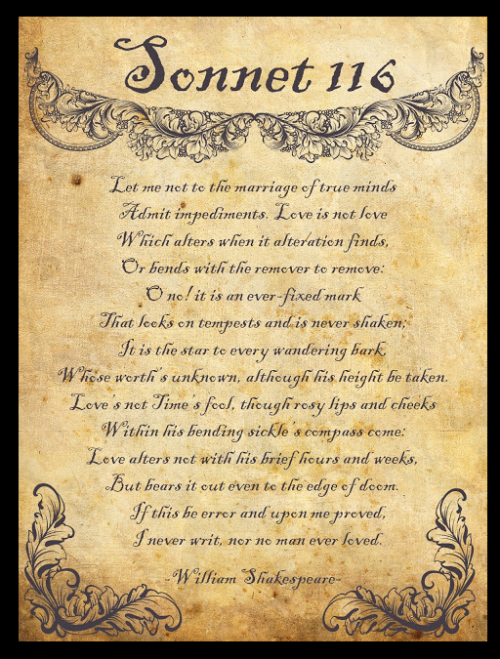For your blog post this week, please read the following poem "Havisham" by Carol Ann Duffy and choose up to three questions to respond to
Also, remember to respond to at least two of your classmates' blogs! We are going to use these questions and comments as a jumping off point for our class discussion next week.
Background:
This poem is a monologue spoken by Miss Havisham, a character in Dickens' Great Expectations. Jilted by her scheming fiancé, she continues to wear her wedding dress and sit amid the remains of her wedding breakfast for the rest of her life, while she plots revenge on all men. She hates her spinster state - of which her unmarried family name constantly reminds her (which may explain the choice of title for the poem).
HAVISHAM
Beloved sweetheart bastard. Not a day since then
I haven't wished him dead. Prayed for it
so hard I've dark green pebbles for eyes,
ropes on the back of my hands I could strangle with.
Spinster. I stink and remember. Whole days
in bed cawing Nooooo at the wall; the dress
yellowing, trembling if I open the wardrobe;
the slewed mirror, full-length, her, myself, who did this
to me? Puce curses that are sounds not words.
Some nights better, the lost body over me,
my fluent tongue in its mouth in its ear
then down till I suddenly bite awake. Love’s
hate behind
a white veil; a red balloon bursting
in my face. Bang. I stabbed at a wedding-cake.
Give me a male corpse for a long slow honeymoon.
Don’t think it’s only the heart that
b-b-b-breaks.
Structure:
The
poem is written in four stanzas which are unrhymed. Many of the lines run on,
and the effect is like normal speech.
- uses
many adjectives of colour - “green”, “puce”, “white” and “red” and
- lists
parts of the body “eyes”, “hands”, “tongue”, “mouth”, “ear” and “face”.
Sometimes the meaning is clear, but other lines are
more open - and there are hints of violence in “strangle”, “bite”, “bang” and
“stabbed”. It is not clear what exactly Miss Havisham would like to do on her
“long slow honeymoon”, but we can be sure that it is not pleasant.
Questions:
- Why does Miss Havisham use the word "spinster" to describe herself? Is she belittling herself by using such a derogatory term? Or is there a way in which this makes her stronger? What does Miss Havisham think about this word and its relevance to her?
- What is the effect of all of Duffy's enjambments? (If you don't know the meaning of this word, be sure to look it up!) Why does she break the lines of the poem so seemingly haphazardly?
3. Why does the poet omit Miss Havisham's title and
refer to her by her surname only?
4. What is the effect of “Nooooo” and “b-b-breaks”?
Why are these words written in this way?
5. What is the meaning of the image of “a red balloon
bursting”? What is the effect of the visual color words mentioned above? What is the effect of Duffy's use of parts of the body?
6.
Does the reader have to know about Great
Expectations to understand the poem? Explain your reasoning.
7.
Does Miss Havisham have a fair view of men? What do
you think of her view of being an unmarried woman?
8.
Perhaps the most important part of the poem is the
question “who did this/to me?” According to this poem, is Miss Havisham responsible for her own misery? How far does it support her feelings of
self-pity and her desire for revenge?


